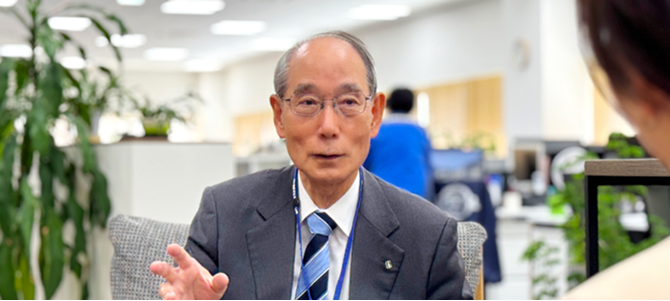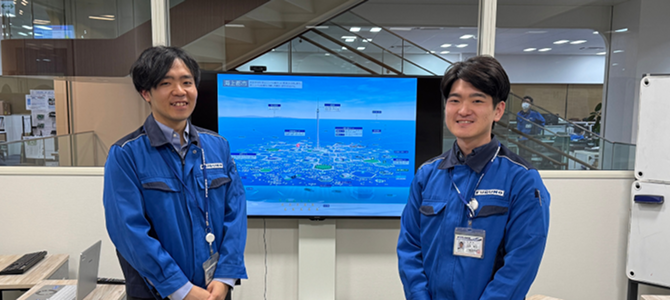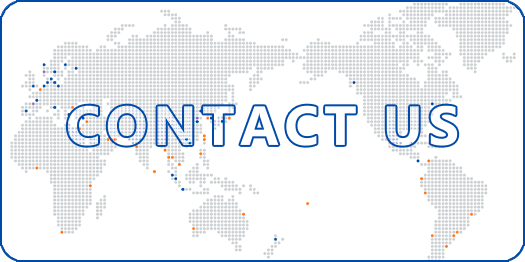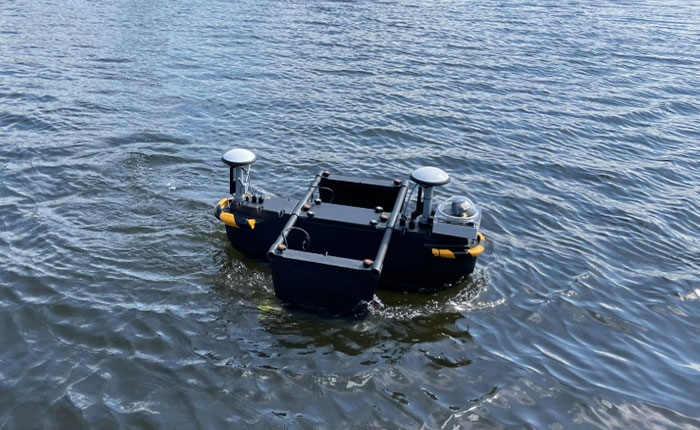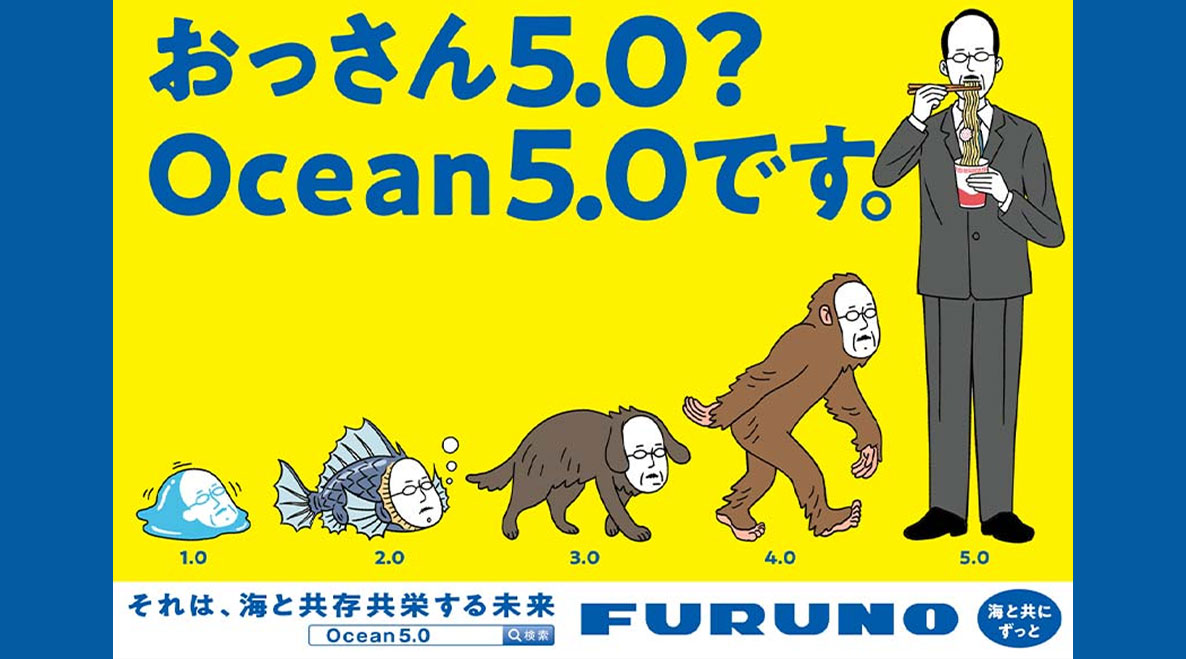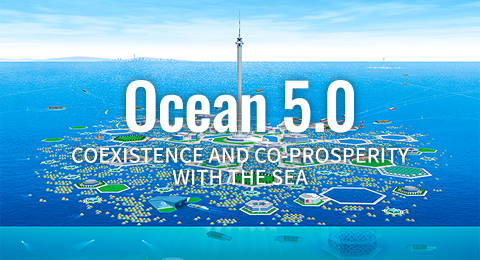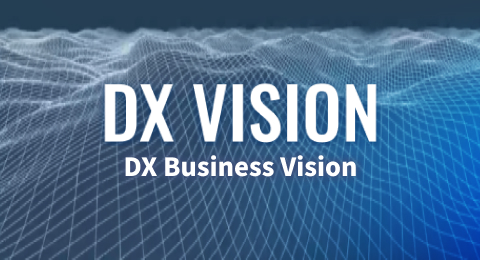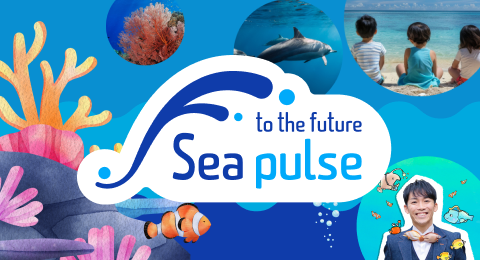20252.20
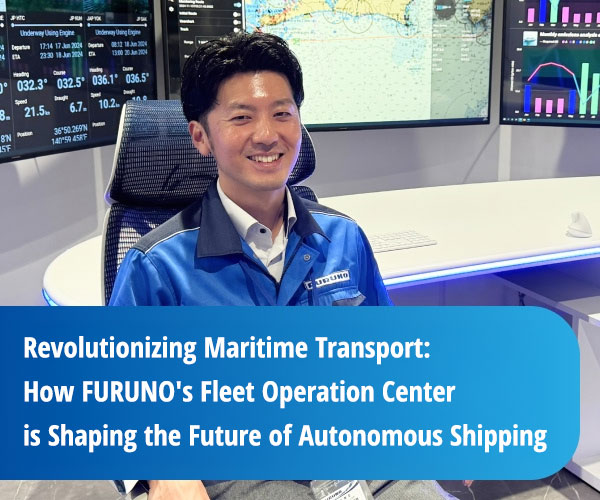
Revolutionizing Maritime Transport: How FURUNO's Fleet Operation Center is Shaping the Future of Autonomous Shipping
Looking toward the future, autonomous navigation is one of the key areas FURUNO is actively developing. We're participating in the Nippon Foundation's autonomous vessel project "MEGURI2040," which launched in February 2020. In July 2024, we achieved a world first* by establishing a "Fleet Operation Center" within FURUNO's headquarters that provides remote navigation support for multiple vessels. Autonomous vessels are expected to help solve various social challenges, including preventing maritime accidents, addressing labor shortages in the shipping industry, and maintaining remote island ferry routes.
Today, we speak with Tomoya Yanagihara from the Autonomous Navigation System Development Department, who participated in the project and led the construction of our Fleet Operation Center, about the future that's coming our way.
* As of July 2024. World's first remote navigation support for multiple autonomous vessels from land
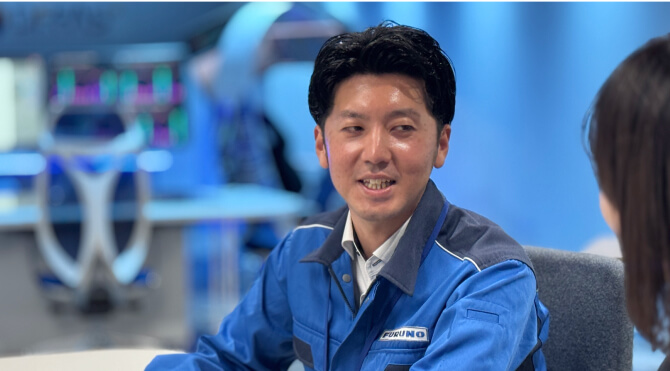
Tomoya Yanagihara
Joined FURUNO in 2012. Development leader for land-based support systems.
Bridging Sea and Land — How Support Systems Are Transforming Maritime Work
—Can you explain the role of the Fleet Operation Center in autonomous vessel systems?
Autonomous vessel systems consist of three main components:
- (1) The vessel that handles autonomous navigation
- (2) Land-based support that assists vessels from shore
- (3) Communications (satellite communications) that manage communication networks and information control
What we've installed at FURUNO is a permanent Fleet Operation Center that handles component (2). This center enables the world's first remote operation support for multiple vessels simultaneously. Starting next year's demonstration tests, we plan to support four vessels at once. Our role here isn't just monitoring—it's actively supporting vessels to operate safely and efficiently.
—What specific operations does the center support?
Ship crews handle incredibly diverse tasks. They create voyage plans, check weather information, coordinate cargo loading and unloading schedules at ports, and maintain navigation instruments and engine systems—all part of their daily routine. Many of these tasks require individual coordination with shipping companies, vessel management companies, agents, and ports, placing enormous burden on crew members. Even when ships arrive at ports on schedule, they often face delays due to other vessels' situations.
The Fleet Operation Center takes on these tasks from land. Specifically, we analyze weather and port conditions in real-time to create optimal voyage plans. We also remotely monitor navigation instruments and engine systems aboard vessels from shore, taking appropriate action when needed to create a more efficient and safer working environment for crews.
Digital Engineering Opens New Possibilities
—Land-based support seems like it will dramatically change how crews work. What are the main benefits of autonomous vessels?
The major advantages of autonomous navigation are improved safety and efficiency. Advanced sensor-based object detection systems, route generation systems that automatically avoid dangerous areas, and control systems that precisely follow set routes—all these cutting-edge technologies automate vessel operations. This significantly reduces crew workload and could eliminate many maritime accidents caused by human error. We're ultimately aiming for "zero maritime accidents," which is at the heart of this project.
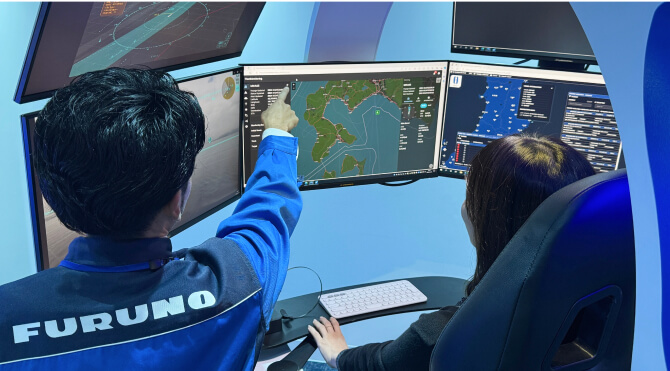
—How will digitalization change the way people work?
As we work toward practical autonomous navigation systems, we're also standardizing specifications, performance standards, and development and verification processes. FURUNO is advancing further digitalization and efficiency in development work, including simulator-based verification using these standards. Ultimately, we're aiming for a future where everyone in the maritime industry benefits from digital technology, allowing people to focus on "creative work" that only humans can do.
I believe the essence of digitalization isn't just efficiency—it's about fundamentally transforming how we work.
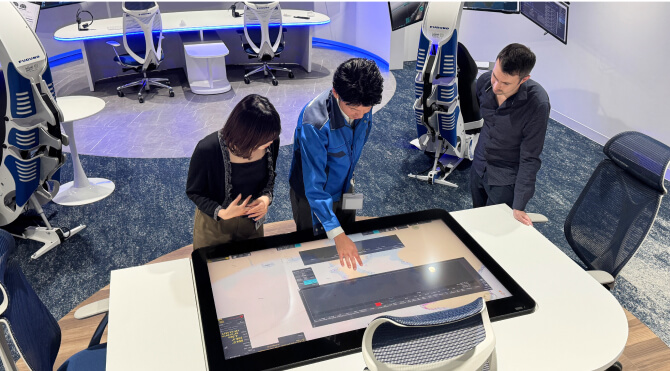
The Future of Shipping — The World "Ocean 5.0" Will Create
—What value do you think the knowledge and experience gained from this project will bring to the entire shipping industry?
Beyond just technology development, the experience of discussing with stakeholders and building consensus will become a major asset for the entire industry. We want to use this knowledge to make future navigation systems a reality. As a leading company in marine navigation instruments, FURUNO handles data collection and utilization. Moving forward, it's crucial to collaborate with other industries and design systems that integrate seamlessly into society as a whole. While envisioning the distant future of Ocean 5.0, we're solving current challenges one by one. This balance is our strength.
—Finally, what's your vision for the future of the shipping industry?
I believe the future shipping industry will be more worker-friendly, efficient, and sustainable. Beyond aiming for zero maritime accidents through autonomous navigation, we're creating environments that enable smaller crews and allow vessel operation without requiring specialized skills. This will make global maritime transport much more reliable and smooth than today. Furthermore, autonomous vessel technology will accelerate digitalization across the entire shipping industry, leading to optimization of overall logistics including land transport and promoting modal shift. What lies ahead is integrated data management and optimized logistics systems that transcend the boundaries between sea, land, and air.
The maritime world that has traditionally relied on human experience and intuition will become more precise and safer through data utilization. This will contribute to building a sustainable society.
Our challenge goes beyond mere technology development—it's "a step toward creating a better future."
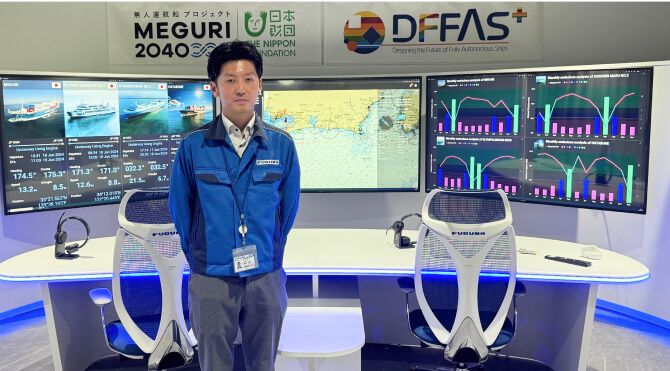
References
-
Autonomous Vessel Project "MEGURI2040" | The Nippon Foundation
https://www.nippon-foundation.or.jp/what/projects/meguri2040 -
"Fleet Operation Center" for Remote Navigation Support of Multiple Vessels Completed | The Nippon Foundation
https://www.nippon-foundation.or.jp/who/news/pr/2024/20240718-102791.html




